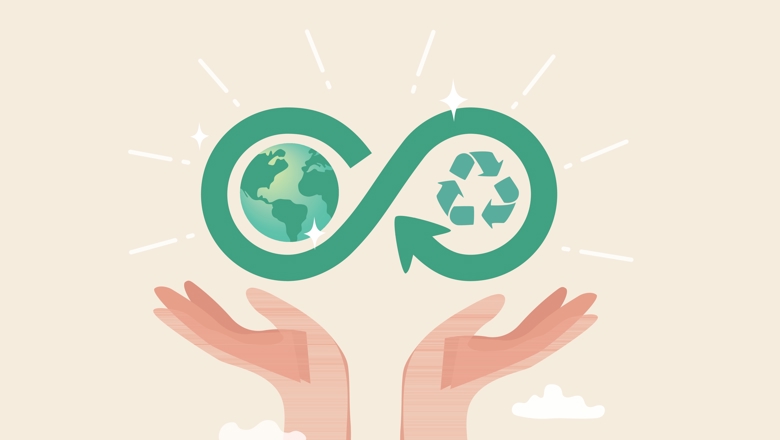Financial consequences

Based on a "polluter pays" principle, the producer responsibility for packaging must help ensure that economic incentives are created to take greater responsibility for the environmental consequences that our consumption and management of packaging waste cause today.
The total cost for this is estimated at around 2.35 billion DKK, which will be shifted from citizens' waste fees to the producers when producer responsibility comes into force.
Producers will not have to cover costs for non-packaging waste and therefore there will still be a citizen-paid fee for the collection and handling of household waste that does not constitute packaging (non-packaging waste).
Companies must pay the costs of collection, transport and waste treatment of the packaging that they market, minus income from the sale of the recycled raw materials. One of the basic elements of producer responsibility is that packaging reduction and ecodesign must be beneficial for companies. It will therefore be a requirement that fees are eco-modulated.
For more about eco-modulated fees, please see here.
The "polluter pays" principle
In a producer responsibility system, companies are given responsibility for collecting and recycling the products they market - in this case all packaging - on the basis of a "polluter pays principle".
The "polluter pays" principle is enshrined in the EU Maastricht Treaty and is an economic principle that companies are responsible for their own pollution.
This means that with the introduction of the producer responsibility for packaging, the companies covered will bear the cost of collecting, sorting, processing and recycling their packaging.
